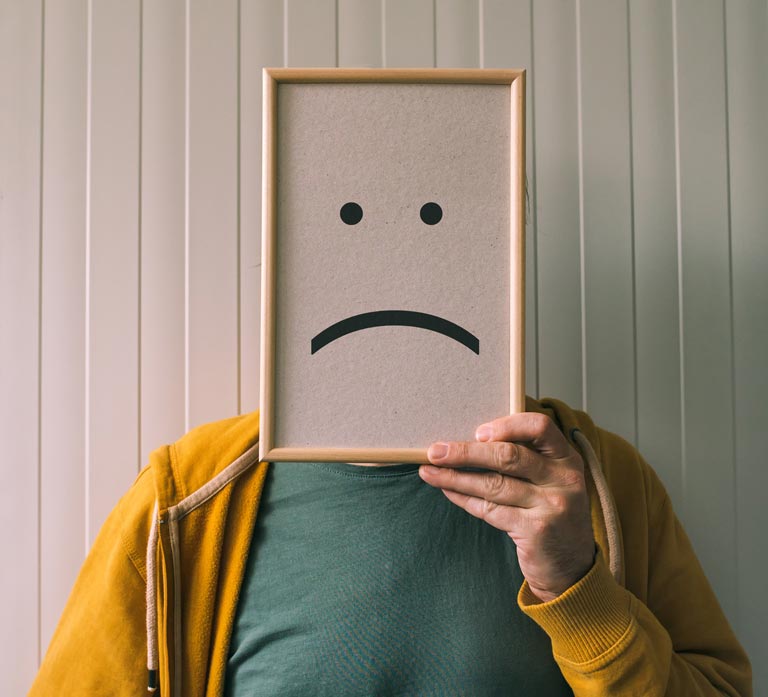The main functions of the colon and anorectum (collectively known as the large intestine) are to mix and absorb water from ingested material, to store

About Incontinence
IFFGD Events:
COVIDs Impact on GI
With the help of patients, caregivers, and our Industry Council, IFFGD has created a survey to gain insight into the impact COVID-19 and the pandemic has had on the Gastrointestinal (GI) Illness population. We hope this will assist healthcare providers, law makers and industry partners on the future care of patients.
*Approximate time to take this survey is 7 minutes
Find information fast
Find information about symptoms, treatments, and more relating to Incontinence:
Looking for a provider?
Need assistance?
If you need help finding information, or a doctor, contact us and we will be happy to get you the information you need, or connect you with a professional who can help.
What is Incontinence?
“Incontinence” is the word used to describe loss of control over when and where we go to the bathroom. Bowel incontinence occurs when the loss of control of gas, liquid stool, or solid stool is enough to cause discomfort or distress. Incontinence is a sign that something is wrong – some part of the bowel control system is not working as it should.
Signs & Symptoms
Bowel incontinence is the involuntary or accidental leakage of liquid or solid stool. It is long-term (chronic) and unpredictable, and can be caused by many conditions.
Treatment
Bowel incontinence is a chronic, stressful, and limiting disorder. Treatment for incontinence should begin with attention to how you manage and what effect incontinence has on your daily life. Attention then can turn toward ways to minimize or contain incontinence.
Living with Incontinence
Incontinence affects people of all ages. It is not easily talked about and can lead to isolation or a sense of helplessness. But there is hope. A sense of freedom and of being in control comes with having an individualized bowel management program and with being prepared to deal with an episode of incontinence.
Related information
Personal Stories
Presented as “Biofeedback, Incontinence, and the Patient’s Perspective” at a symposium on Treatment of Bowel, Bladder, and Pelvic Floor Disorders, held June 23–26, 2005, at
Summary of Clinical Research Activities – Incontinence By: Adil E. Bharucha, MD, Professor of Medicine, Mayo Graduate School of Medicine, Mayo Clinic, Rochester, MN Dr.
 Personal Stories
Personal Stories
- An error has occurred, which probably means the feed is down. Try again later.









